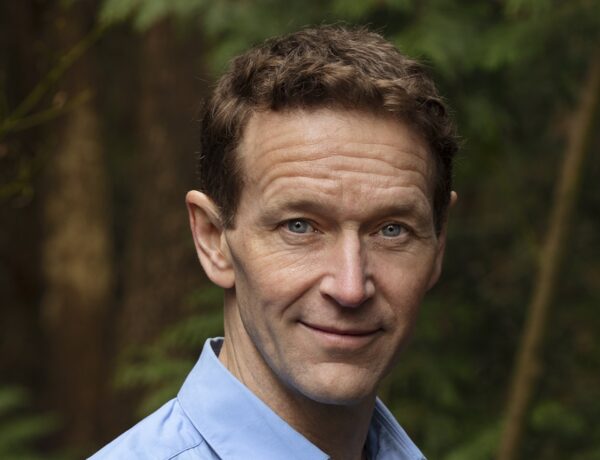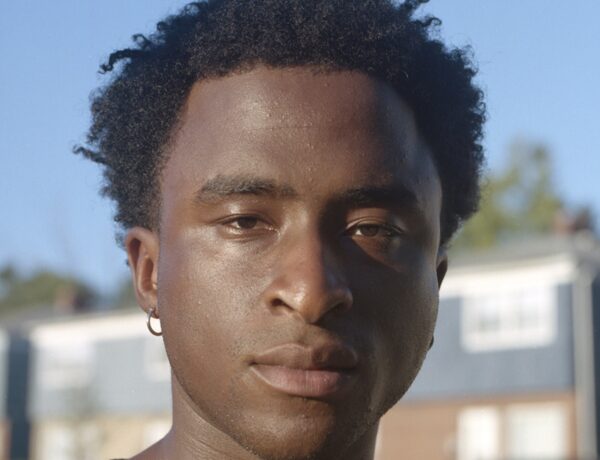Ciara O’Rourke is a freelance journalist based in Austin, Texas. Her work has appeared in publications including The Atavist Magazine, The Atlantic, The Believer, Playboy and POLITICO Magazine.
Hi Ciara! We’re delighted to have you as a guest on Famous Writing Routines. For our readers who may not be familiar with your work, could you please give us a brief introduction to yourself?
Hi Hao! I’m a journalist based in Austin, Texas. I report, write, and sometimes edit for publications around the country about anything interesting but often on topics including crime, criminal justice, the environment, and politics.
Can you tell us about your background as a reporter for the Austin American-Statesman and how it influenced your writing?
The Statesman was my first full-time, non-intern job out of college and I started as a part-time editorial assistant before getting hired as a reporter. I covered several beats while I was there and learned, among other things, how to be fast—reporting, writing, and revising on tight deadlines (with the help of better and generous colleagues).
Your work has been featured in renowned publications such as The New York Times and The Atlantic. Can you tell us about the research and development process for your stories?
Sometimes an editor will approach me with a story but generally I’ll read, hear or see something that interests me and add it to a list of story ideas that I draw from when I’m trying to develop a new project. First I’ll look to see what other media outlets have covered whatever it is, and try to gauge if the story could and should be told from another perspective.
If that’s the case, I’ll start to do some preliminary reporting—reaching out to sources or filing public records requests—before writing up a pitch to send to the publication(s) where I think it would be a good fit. In 2018, for example, I read a news brief in the Statesman about a man who had robbed a bank because he wanted to go to prison to get health care. His arrest was widely covered by local news outlets but only based on what was known from the arrest affidavit. I messaged the man in jail to see if he’d be interested in talking to me and one day he called. I interviewed him over the course of a year and the story eventually ran in The Atavist Magazine.
How do you approach tackling complex environmental issues in your writing and what are some of the challenges you face in this field?
As a reader, I’m always most engaged by stories that are first about people and then about issues. So when I’m trying to write about, say, a complex environmental issue, I want to find somebody who’s affected by it and tell their story in hopes it will help other people connect with both that person and the issue.
I don’t know that I’ve faced any memorable challenges specifically in this area, but more broadly in my work I regularly encounter reluctant sources, unresponsive public officials, and sometimes angry readers, especially when I write about politics. My dog also tends to bark loudly at the mail person during sensitive interviews.
What does a typical writing day look like for you?
My days are often dictated by deadlines, so if a story or project is due soon I’ll often spend the mornings working on that. I like to schedule interviews in the afternoons and that’s when I take care of more of the business side of freelancing—invoicing, bookkeeping, following up on emails, etc. When I’m feeling stuck, I like to read magazine stories from writers I admire or listen to a podcast or audiobook while I go for a walk.
Are there any specific tools or resources you use to help with your writing routine?
I’m a loyal Google Docs user and I’ve recently started using Toggl, time tracking software that gives me a sense of how much time I actually spend on different projects. I also have a pomodoro timer on my computer that I use if I really need help focusing.
Do you have a set daily or weekly word count goal or do you focus on other measures of progress?
If I have a draft deadline looming I’ll often set daily writing goals for myself depending on how long the story is (maybe 500 words a day for a 4,000-word story over a couple of weeks). If I’m not staring down a deadline, my goals are more big-picture: spending a couple mornings a week developing a story idea I’m curious about, reaching out to an editor, and so on. Every Monday I flip to a fresh sheet in a notebook and write down everything I want to do that week. Often half of that list is stuff left over from the previous week that I didn’t get to and I add it to the new list with shame in my heart.
Can you discuss your experience as a recipient of the Mayborn Emerging Writer Award and how it has impacted your career as a freelance writer and editor?
It paid my way to the Mayborn Literary Nonfiction Conference! I had always wanted to go but this was early in my freelance career and I didn’t have a lot of disposable income to spend on a conference like that. So I applied and was lucky to be selected for the award and stipend, which covered the registration fee and lodging. I was so grateful to attend.
I’d love to know what you’re reading at the moment. What have been some of your favorite books recently?
I just started both Demon Copperhead by Barbara Kingsolver and Stay True by Hua Hsu and I love them both. I’ve also recently enjoyed The Souvenir Museum by Elizabeth McCracken, I Am, I Am, I Am by Maggie O’Farrell, The School for Good Mothers by Jessamine Chan, and The Book of Delights by Ross Gay.
Can you describe what your current writing workspace looks like?
I have a desk in the guest bedroom of my house that looks out on the street and a reading chair next to it where my dog sleeps and keeps me company during the day. After six years of full-time freelancing, I just upgraded to a desktop computer and it’s been a real treat not to hunch over my laptop like a gargoyle while I work.
Affiliate disclaimer: Some links on this website are affiliate links. We may earn a small commission if you make a purchase through these links, but only promote products we truly believe in. We disclose affiliate links and give honest reviews.



No Comments